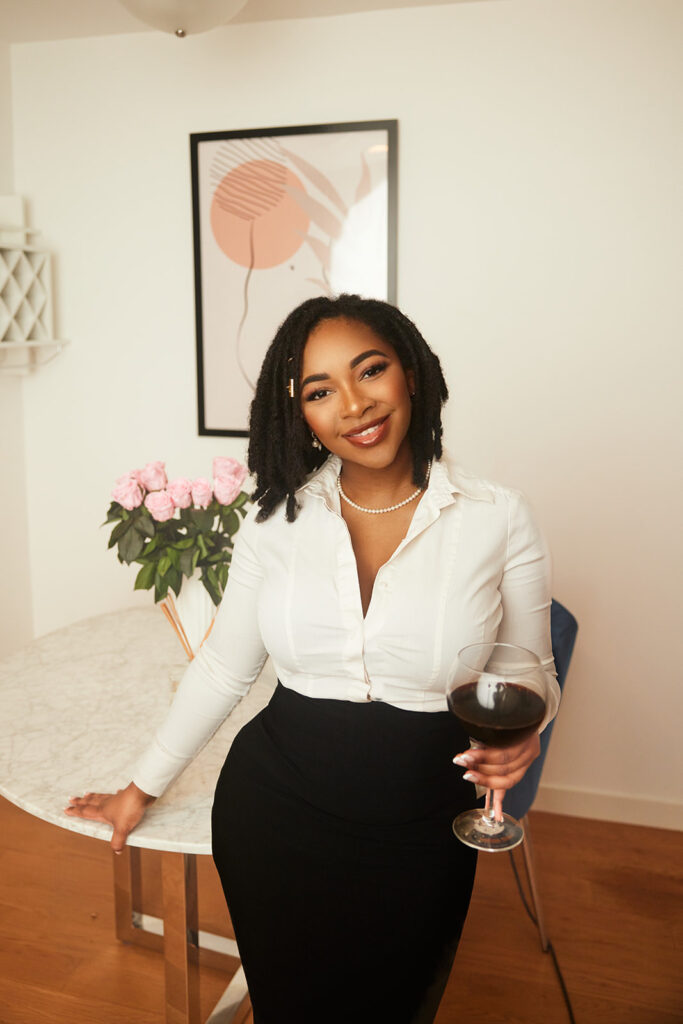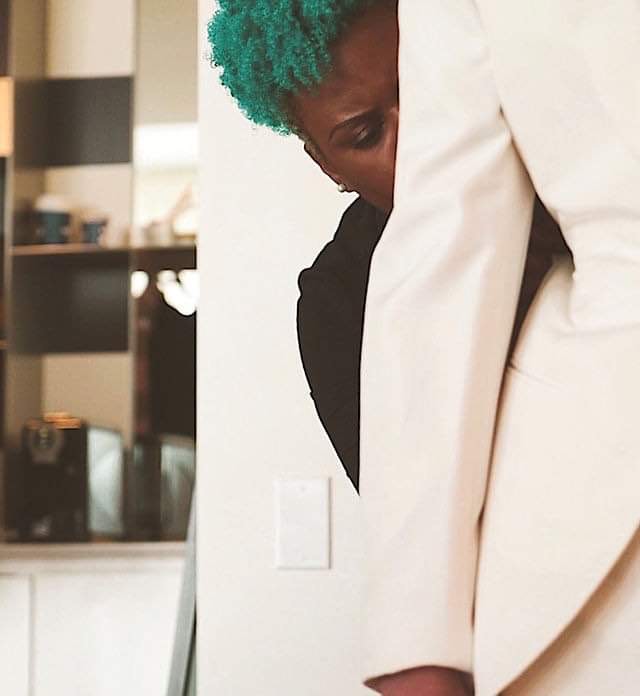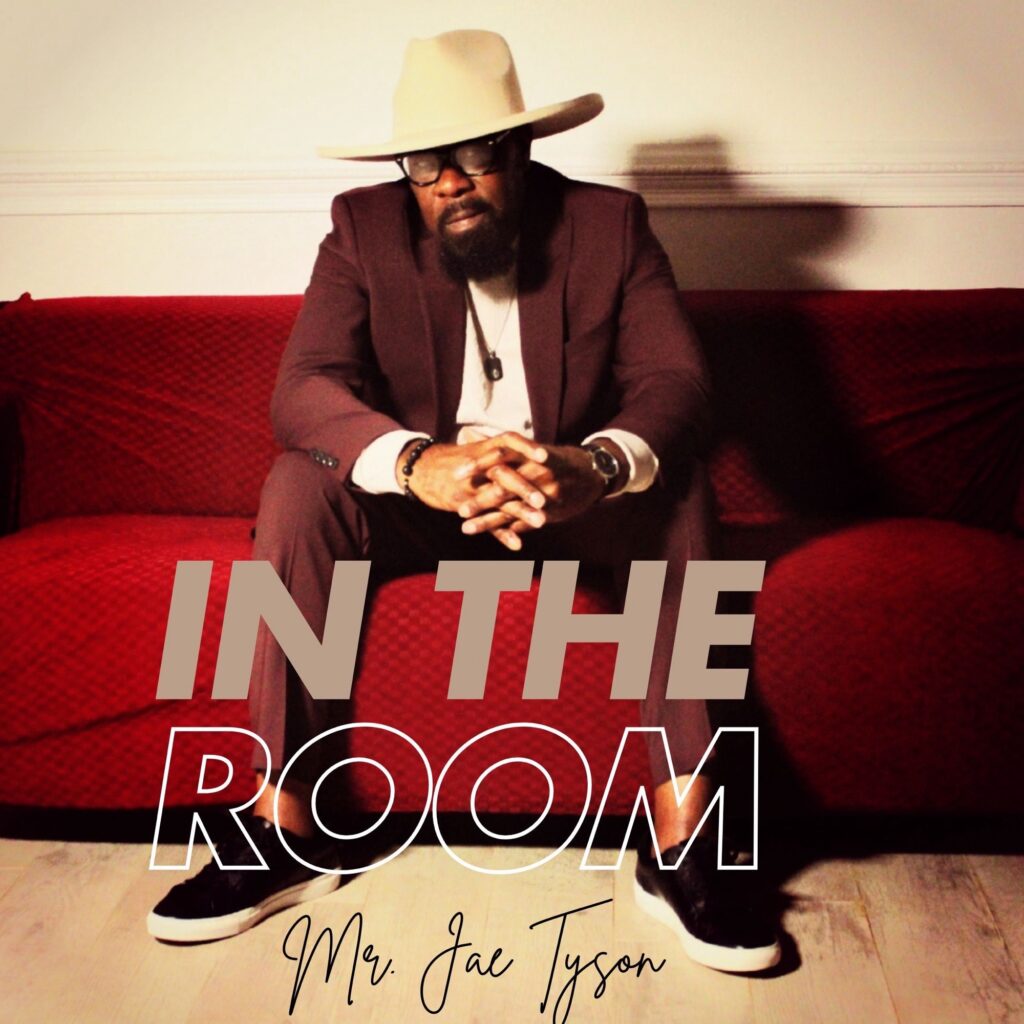According to recent data, in the last decade, from 2012–2021, the average number of kids in foster care on a single day was 414,863. (cafo.org)
Not every child placed in a foster home will be adopted. Some will continue to be moved from home to home until the age they are released from care.
The month of November was National Adoption Month, and Valencia Griffin is one of the women helping to support black children who are faced with having to be placed in a foster home. As a former worker for CASA and wellness advocate, she recently shared with us what it has been like becoming a foster parent and then pursuing adoption.
Often kids who are raised in Foster Care tend to not feel as if they are truly apart of the
family, what advice do you have for potential parents on how to change that narrative?
My advice would be to focus on building a relationship with that child. Ask questions and get to
know them so you can understand the background they came from, especially if that child is
older. Approach the situation as an “aunt” or “uncle” first when you are building that
relationship. A child with a background of physical abuse will be different from a child who was
taken due to drugs, but no abuse. Every child is going to be different, so it is always best to get
to know that child first. Give that child options, like if you have family game night, saying, “We
are having a family game night. What games do you like to play?” versus “Tonight is family
game night.” In a simple sentence, you can learn if they ever had a game night, if they want to
participate, and what games they like. Showing them you are considering their feelings and
wants, is better than telling them. This helps build a relationship and, in turn, helps them feel
like they are part of your family.
What is it like raising three-year-old twins now after becoming an empty nester?
It definitely changed the way my life was “going to go.” Since I had already had kids in my home
before, I thought I was prepared, but it is different when you are dealing with their level of
trauma. I was set in my ways, of course, but I had to adjust my plans because, at the end of the
day, I chose them; they didn’t choose me. So, it taught me another level of selflessness and
made me a more compassionate person when I thought I was already done with my life
lessons. You have to make adjustments when you have children, especially young children. I
think it would be harder if I didn’t have a support system. Of course, I sacrifice sleep sometimes
because I have to do work after they have gone down for the night, but they keep me young.
Also, my life goals didn’t change, just how I get there.
Are there any differences in how you parent or discipline the twins versus your older
children?
I was young when I had my son, who is still my only biological child. He was easy and never
required anything over time out. I think overall, boys and girls are different, so you can’t parent
them the same. The twins require me to be soft in parenting and discipline. We know they are
twins, but they don’t, so they operate like two completely different children. So, even how I
parent them as individuals has to be different. There is a mix between timeouts and turning off the computer. There are things I learned, like rewarding good behavior so it encourages more
good behavior versus giving attention to bad behavior. I use those techniques often because
they work, especially if one is getting rewarded and the other isn’t. They are smart, so they pick
up quickly. With them, I am definitely more mindful of what I do because they want to do what
they see me do. I have to have a different level of patience with them because I have to always
consider their first 18 months of life before us.
What advice would you give to someone thinking about fostering or adoption who
may be overwhelmed by the thought of the process?
Evaluate your why and then evaluate it again. The process of becoming a foster parent
involves a lot of paperwork, classes and emotional maturity. You will deal with people who may
be less than professional but always go back to your why. I recommend becoming a CASA first
or volunteering because then you can get familiar with the system. If that is not an option, you
can always start with “respite” when you keep kids when the foster parent needs a break,
vacation, or something like that. Emergency care is an option as well, that is, when your home
serves as a place for recently removed children. The good thing is you can specify what age,
race, etc of the child you want to care for. So be honest with yourself. If you know you can’t
deal with teenagers, you can specify that. There is more support for foster parents than when I
started, so take advantage of that. It helps to have a support system. The hardest part is
getting started, but the real lessons don’t come until you actually have a child in your home. No
amount of training can prepare you for that.
Why do you think there is not much information shared about the care or adoption of
black children?
Because we don’t see many black foster parents or adoptive parents, there are so many bad
things we hear about fostering and the system that many just don’t want to get involved. So if
you are dealing with a system that stigmatizes or adultifies black children but not that many
black foster parents, who is going to advocate for them? As a community, we shouldn’t take a
“get someone else to do it” approach and then complain about the outcome.
What is one of the most exciting things you would like to share about the upcoming
National Adoption Day for those who may not know much about it?
The goal is to raise awareness about adoption because there are more kids coming into foster
care due to drugs and abuse since the pandemic. Until I became a CASA, I wasn’t aware of the
need or number of children in care. It should be celebrated because it shows how many people
are willing to open their homes to provide a safe, stable, and loving environment to children who
aren’t biologically theirs. You don’t have to be rich or a perfect person to open your home, and I
think National Adoption Day brings that awareness. It shows the other side of adoption and
fostering because you don’t have to look far for horror stories. But, there are success stories
and children who do great things after adoption, like Steve Jobs.
You are an entrepreneur who began working as an advocate for the fostering and
adopting system before beginning your journey to adoption. What made this become
such an important cause to you?
Growing up with a mother in addiction and having to be raised by others definitely played a
huge part in my decision. I know firsthand what feeling judged, helpless, and unwanted is like.
A child can definitely feel when they are taken in, but not really wanted. I recognized what I
went through growing up wasn’t about me; I was strong enough to overcome that. However, I
know that is not always the case. I beat the statistics that I heard I would fall victim to. I knew I
could provide a loving and stable home no matter how long a child was with me. Better yet, I
could help parents who were working to get clean and provide a great environment for their kids
so they could focus on working on their case plan. I believe that if something bothers you down
to your core, it is up to you to do something about it. The way children of addicts, in particular,
are treated and stigmatized, hurt me. They didn’t ask to be here or for their parents to do drugs.
So I knew I had to do something, no matter how big or small.





